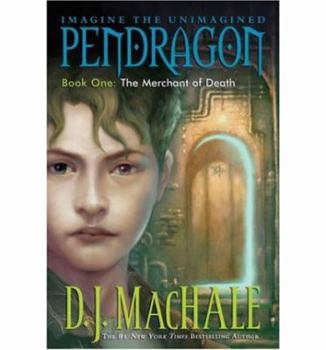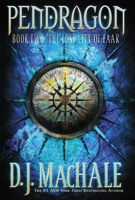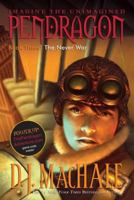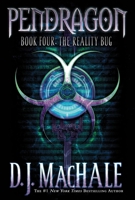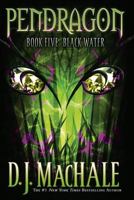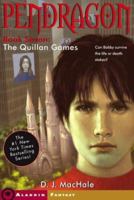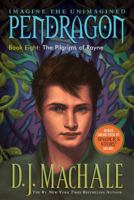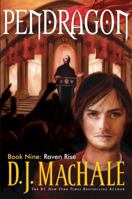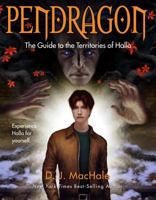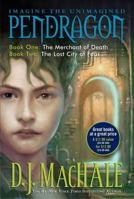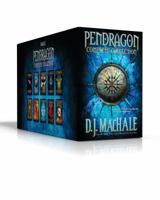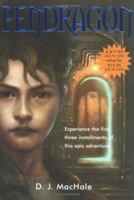Based on Your Recent Browsing
Book Overview
D.J. MacHale's New York Times bestselling middle grade fantasy series about Bobby Pendragon, a regular kid about to find himself and his two friends pulled into one epic adventure across worlds Bobby Pendragon is a seemingly normal fourteen-year-old boy. He has a family, a home, and even Marley, his beloved dog. But there is something very special about Bobby. He is going to save the world. And not just Earth as we know it. Bobby is slowly starting to realize that life in the cosmos isn't quite what he thought it was. And before he can object, he is swept off to an alternate dimension known as Denduron, a territory inhabited by strange beings, ruled by a magical tyrant, and plagued by dangerous revolution. If Bobby wants to see his family again, he's going to have to accept his role as savior, and accept it wholeheartedly. Because, as he is about to discover, Denduron is only the beginning....
Format:Paperback
Language:English
ISBN:0743437314
ISBN13:9780743437318
Release Date:September 2002
Publisher:Aladdin Paperbacks
Length:384 Pages
Weight:0.62 lbs.
Dimensions:1.1" x 5.1" x 7.6"
Age Range:10 to 14 years
Grade Range:Grades 5 to 9
Customer Reviews
5 customer ratings | 4 reviews
There are currently no reviews. Be the first to review this work.










